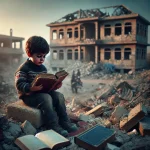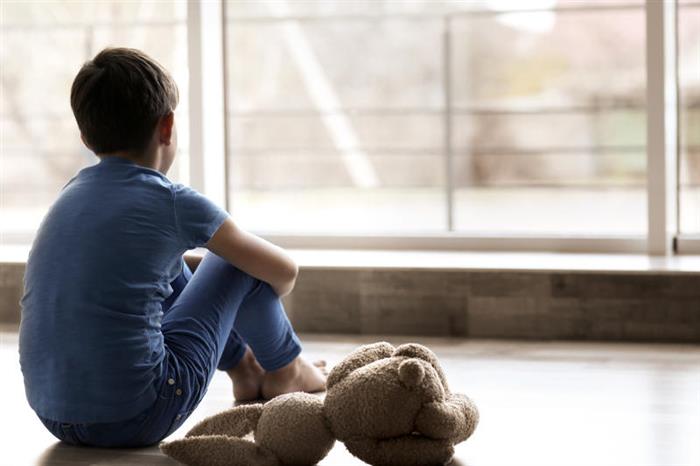Wars leave deep scars on children who experience them, affecting their psychological stability in later stages of life, especially during youth. The violent and destructive environment deprives children of their sense of security and exposes them to psychological trauma that may persist for long periods.
1. Post-Traumatic Stress Disorder (PTSD)
PTSD is one of the most common psychological effects among children who have lived through wars. It manifests as recurring nightmares, flashbacks of traumatic events, and persistent anxiety, which affect daily functioning and social relationships in adulthood.
2. Chronic Anxiety and Constant Fear
These children often develop a continuous sense of fear and anxiety about the future, making it difficult for them to adapt to normal life even after the war ends. They may exhibit an excessive response to perceived threats and avoid places or people that remind them of their traumatic experiences.
3. Depression and Loss of Hope
Children raised in war-torn environments often suffer from deep sadness and despair, especially if they have lost family members or witnessed the destruction of their homes. This can develop into severe depressive disorders in youth, leading to social isolation and poor academic or professional performance.
4. Aggressiveness and Violent Behavior
Some children adopt aggressive behavioral patterns due to their continuous exposure to violence, making them more prone to engaging in risky behaviors or conflicts with others. This can be a result of imitating what they have seen or as a reaction to feelings of helplessness and powerlessness.
5. Low Self-Esteem and Lack of Security
Children who grow up in war conditions often struggle with low self-confidence and a constant lack of security, even in stable environments. This can lead to hesitation in making important life decisions, affecting their academic and professional journeys.
6. Difficulties in Social Relationships
Due to psychological trauma, these young individuals may face challenges in building healthy relationships, whether in friendships or romantic connections. They might become overly sensitive to rejection or avoid forming attachments for fear of losing loved ones, as they did during the war.
7. Sleep Disorders and Chronic Fatigue
Frequent nightmares and insomnia are common issues among war-affected children, persisting into their youth and impacting their energy levels, productivity, and overall physical and mental health.
How Can These Effects Be Addressed?
Providing psychological support and cognitive behavioral therapy to help them overcome trauma.
Ensuring a safe and stable environment that fosters a sense of security and confidence in the future.
Engaging them in social and educational activities that help them build positive relationships.
Raising awareness among families and communities about dealing with the psychological effects of war on children.
Wars do not only leave their mark on land and buildings but also on the minds of children who grow up in their shadows. These children become young adults carrying the psychological burdens of war, which can hinder their progress in life. Therefore, providing psychological and social support is essential to rehabilitate and empower them to live in a healthy and stable way.






